not_like_duck.ico
A person interested in nature, science, sustainability, music, and videogames. I’m also on Mastodon: @[email protected] and @[email protected]
My avatar is a snapping turtle swimming in the water.
- 21 Posts
- 31 Comments
Yeah I saw “mushroom in soil” and my first thought was “does that mean it’s too moist?”.
But whether that’s the case depends on the plant that’s growing in it, of course.

 2·2 days ago
2·2 days agoThanks for the encouragement to just jump in and do stuff, gaming and otherwise.
I’ve found myself having a hard time finding dedicated time to play games (i.e. without worrying about something else “over my shoulder”) and I’ve also found myself seemingly unable to “learn” new genres of games despite my wanting to get into them (so I often end up playing genres I’m already familiar with). I suspect these are related, and I also suspect that just jumping in and doing stuff more spontaneously will probably help improve things.

 4·2 days ago
4·2 days agoNo one is safe from the Bad Gateway.
Congratulations!
Update: It’s done! Update 2: The canvas has expanded in size!
…I guess the toast is getting eaten? 😆
Math majors: “Duh.”
Non-math majors: “And then a miracle occurs…”
If I had a nickel for every time I saw this chart in the past 24 hours, I’d have two nickels, which isn’t much, but it is funny that it happened twice.
The other time, it was being used to describe politics. So this one is a lot less stress-inducing, thankfully.
Whoa, I miss this place. Was reminded to check this out because the Canvas event is going. Good to see Mander is still going well.
I forgot about Lemmy for months…this has gotten me to show back up!
 1·7 months ago
1·7 months agoCalifornia’s valiant attempt to be relevant to this article in the face of an overwhelming aura of Florida is cute.

 2·9 months ago
2·9 months agoit caused the death of my favorite singer-songwriter
r.i.p. Ritsuko Okazaki

 2·9 months ago
2·9 months agoI like “carbon mineralization” a lot more than “enhanced weathering”. And the article also mentions the distinction nowadays between “carbon dioxide removal” and “carbon capture and storage”. Thanks for the updates, on terminology and otherwise.

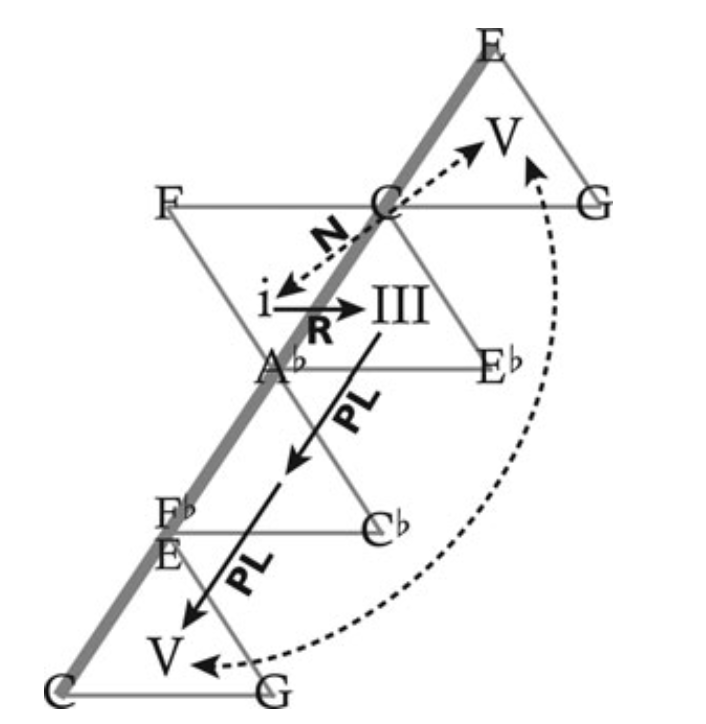 2·9 months ago
2·9 months agoThis is an old post but I felt it slipped into some crack somewhere but still deserves a reply. It’s a very general question so this will be a pretty general reply, though.
My first thought is to just listen to nore music/listen to music more often, especially in an active sense (not just passively having some background music). So this would mean paying attention to the music, even if it’s as simple as thinking about which parts you like more. You don’t even need to know how to analyze music to think about music you like or find interesting. All you need is a sense of curiosity about wanting to understand what you’re listening to.
Once you’ve found what you like, start trying to figure out what it is about what you like that makes you like it. This is where music theory comes in, but you can approach this as simply as asking/discussing about it in a place like this where you can bounce your ideas off of other people, and learn some theory in the process. It might not be the thing you’re actually looking for, but it will at least be some useful information for further thinking about music and analyzing it. And even if you’re a complete noob to music theory, you’ll start to pick up some basic concepts pretty quickly as long as you’re interested in understanding something.
If you’ve learned enough theory to be able to make some sense of the structures and aspects of music on your own, you can apply this to your own active listening, by thinking of relevant music theory concepts as a way to help figure out what makes music tick for you. That in turn can help train you to hear the various elements of the music that are relevant to you.

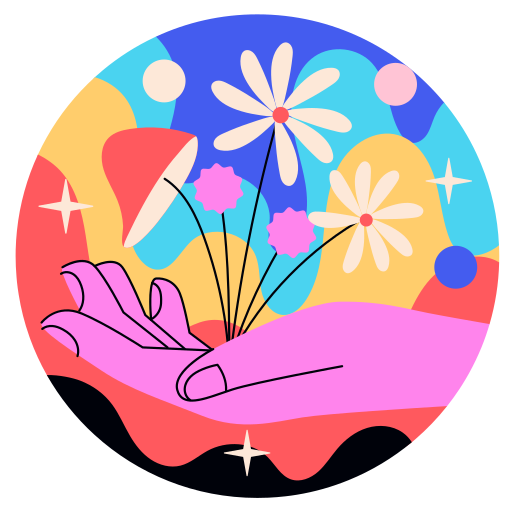 2·11 months ago
2·11 months agoI clicked on it expecting just a simple “they’re genetic clones and they’re susceptible this same disease”, but this is quite a bit more depth about things. Thanks for sharing!

 1·11 months ago
1·11 months agooh snap, this is actually legit good

 1·11 months ago
1·11 months agoYeah, they got organized very early and very fast.

 1·1 year ago
1·1 year agoAmusingly, I was expecting something from the Game Boy game Shadow of the Ninja a.k.a. Ninja Gaiden Shadow, since I haven’t played the NES game before.
Anyway I’m loving how joining Lemmy has given me access to by now multiple Iku Mizutani posts. He’s an awesome composer.

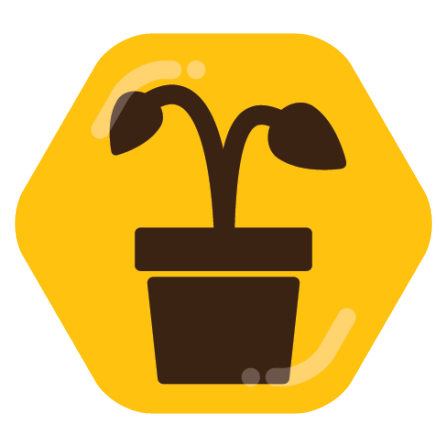





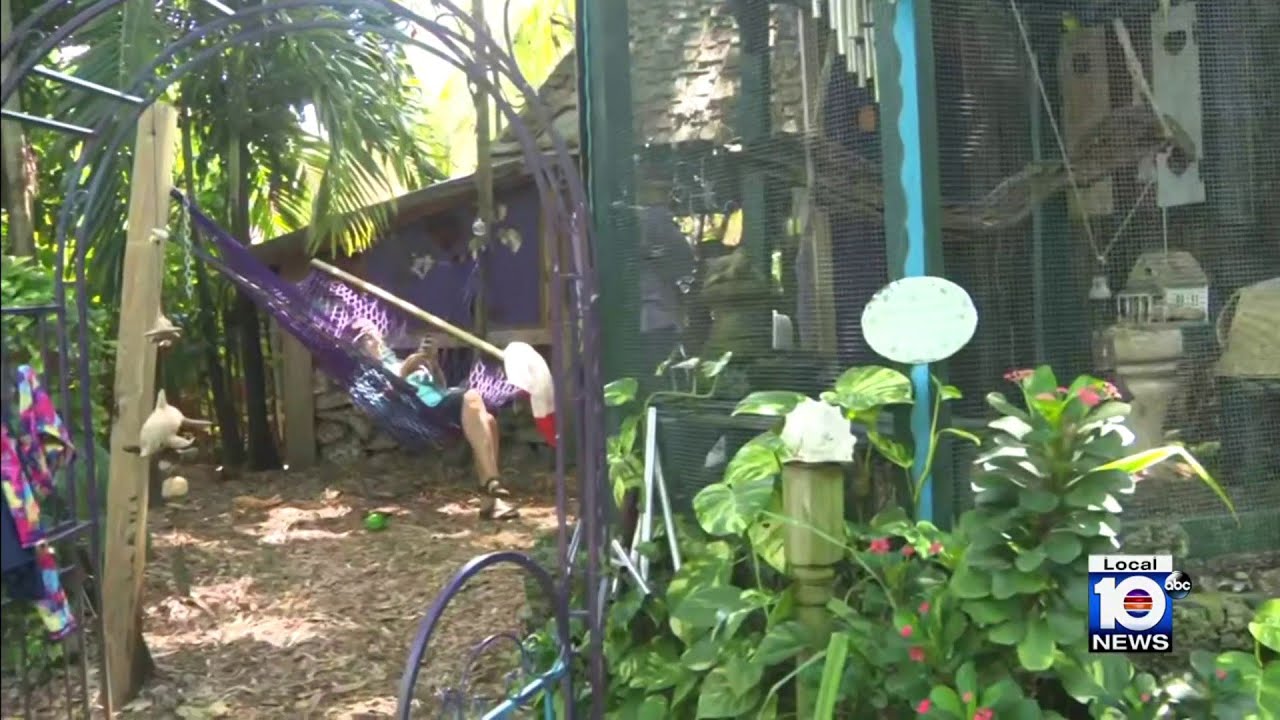

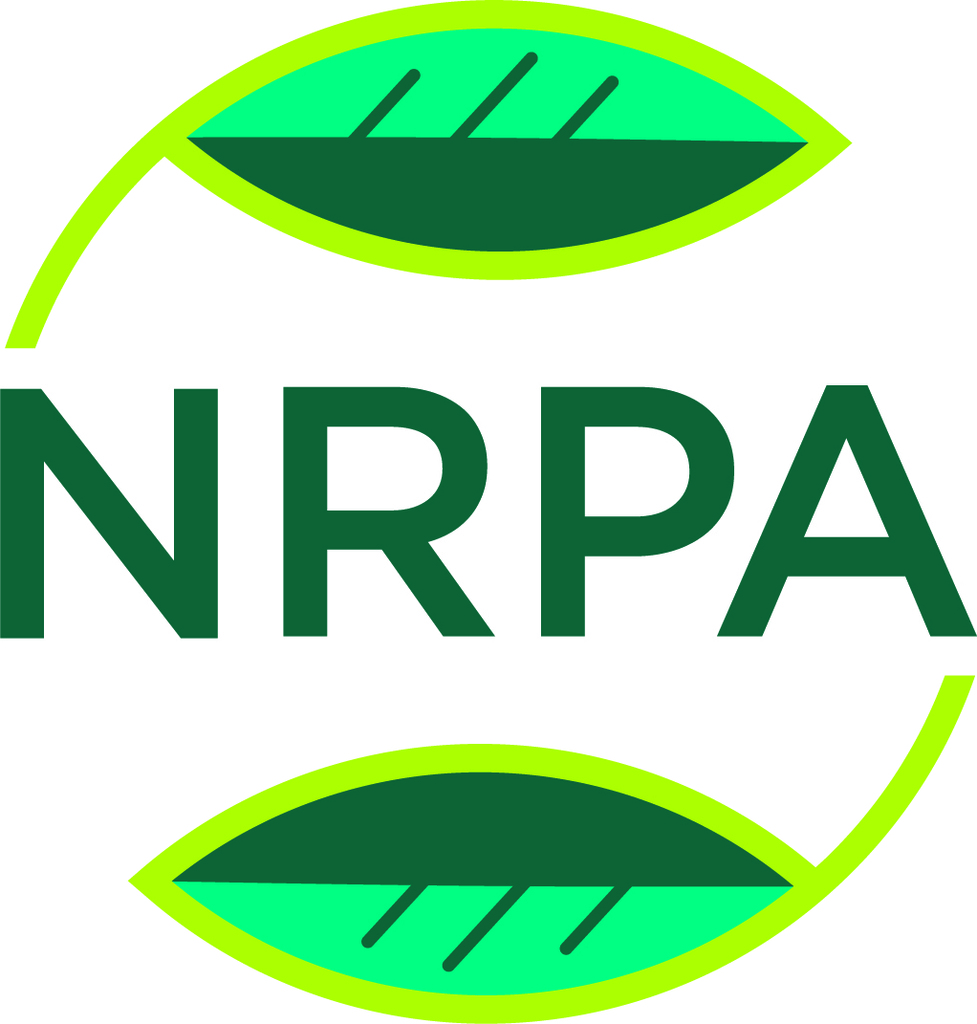



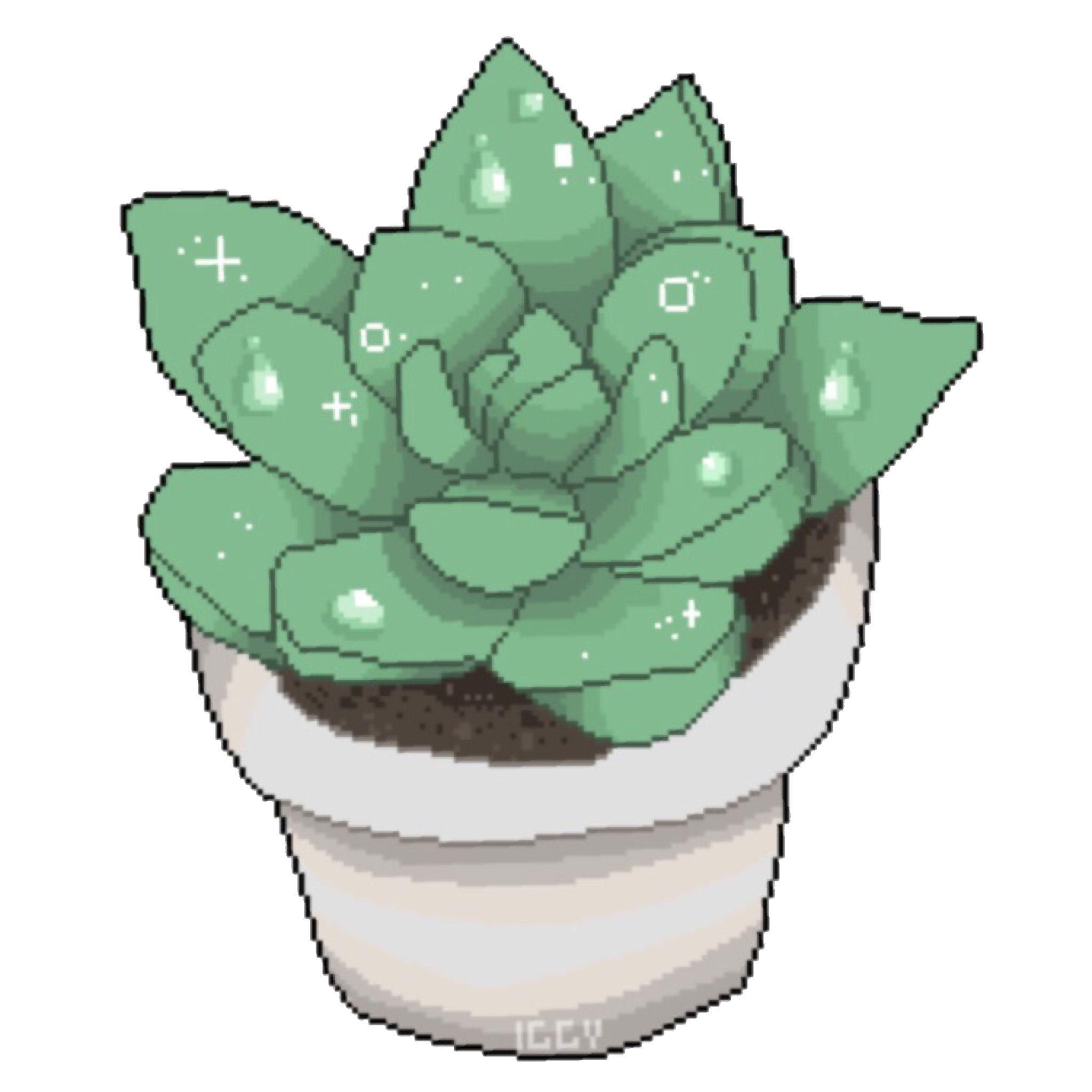




Related stuff that I did:
iNaturalist logo: starting around 942, 116. this might not be here in its entirety since the space for the last few letters has been contested (by up to four different factions lol).
A sea turtle (along with a message): around 686, 92. credit for the basic design is https://www.artstation.com/artwork/QnnNYZ , though I modified it myself.